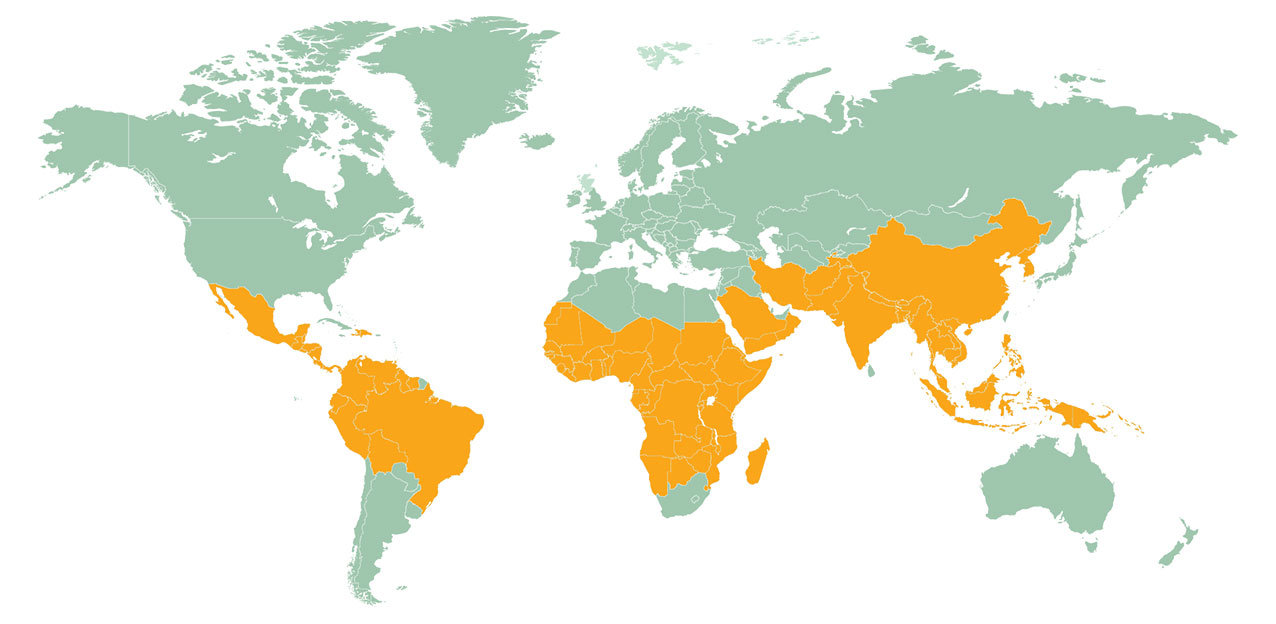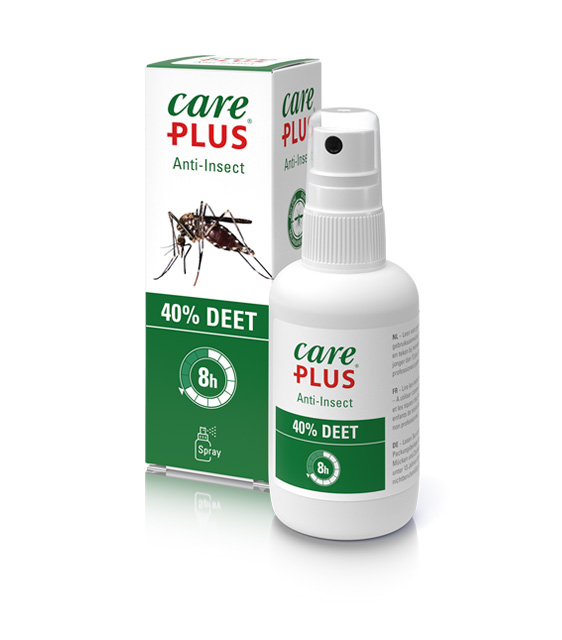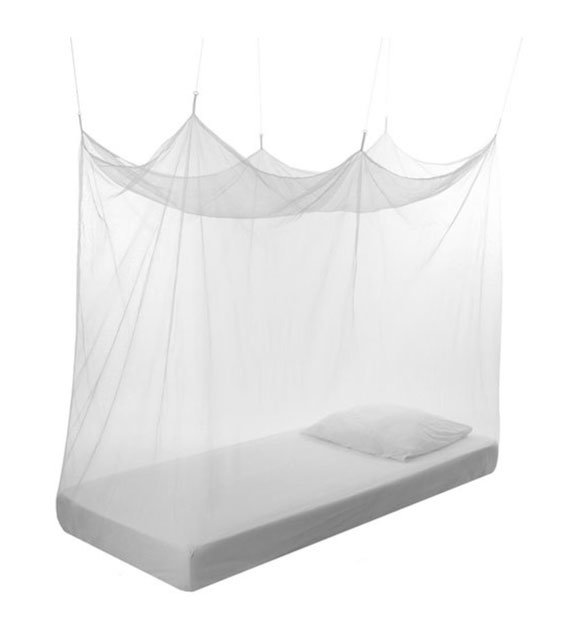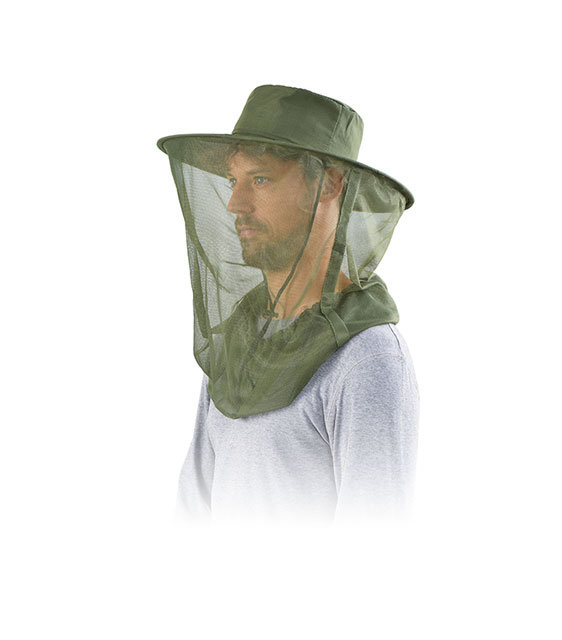Malaria
Malaria is caused by parasites. These can enter the body through a mosquito bite. Malaria causes fever, headache, chills, excessive perspiration and muscle pain. Malaria does not currently occur naturally in the UK but travel-associated cases are reported in those who have returned to the UK or arrived (either as a visitor or migrant to the UK) from malaria endemic areas. It does occur in some parts of the US.

The graphic representation on this map is based on data from 2017.
What is malaria?
Malaria can be transmitted by the bite of a female mosquito. This mosquito is active between sunset and sunrise. Malaria is caused by an infection with the Plasmodium parasite. The parasite is not directly transmittable between humans. This parasite nestles in the human liver. There are several types of Plasmodium parasites that can cause malaria, the most common ones being Plasmodium falciparum, Plasmodium vivax, Plasmodium ovale and Plasmodium malariae.
On average, the first symptoms of malaria usually occur 10 days after the bite of an infected mosquito. The parasites (hypnozoites) of Plasmodium vivax and Plasmodium ovale remain dormant in the liver. It can take months or years for the parasites to become active and symptoms to manifest.
What are the symptoms of malaria
When contracting malaria tropica (the most dangerous type), this can be deadly within 48 hours. In the case of other malaria types, the symptoms start between 10 days and 6 weeks after the bite.
There are four variants of malaria that you can contract. As said before, malaria tropics can be fatal within 48 hours. The other three variants have a less serious disease progression. The malaria symptoms usually consist of attacks lasting four to eight hours, which recur every few days.
- High fever
- Chills
- Excessive sweating
- Anemia
- Confusion
- Fatigue
- Headache
- Muscle and joint pain
- Nausea and vomiting
- Diarrhoea
- Jaundice
- Convulsions (in children)
- In severe cases coma
Protection against malaria
Prevention of malaria is directed at travellers to and from malaria-risk areas in (sub)tropical regions, The risk to contract malaria is reduced by taking malaria pills. In addition, wearing skin-covering clothing and the use of mosquito nets and Anti-Insect during the period when mosquitoes are active, are good measures to reduce the risk of infection.
There is no vaccine for malaria yet. Bear in mind that the mosquito only bites between sunset and sunrise, so protection against mosquitoes is especially important during this period.
Malaria 2030
The Travel Health Group’s mission is a malaria-free world by 2030. This is an ambitious target that has been the motivation for our team and our partners. Malaria is a severe infectious disease that affects more than 219 million people and causes around 435,000 deaths a year, most of them children under 5. We support universities and organizations that work on innovations and solutions to eradicate malaria. Read more about our fight against malaria.
How often does malaria occur in the UK and US?
Malaria does not currently occur naturally in the UK but travel-associated cases are reported in those who have returned to the UK or arrived (either as a visitor or migrant to the UK) from malaria endemic areas.
About 1,700 cases of malaria are diagnosed in the United States each year. The vast majority of cases in the United States are in travelers and immigrants returning from countries where malaria transmission occurs, many from sub-Saharan Africa and South Asia.




